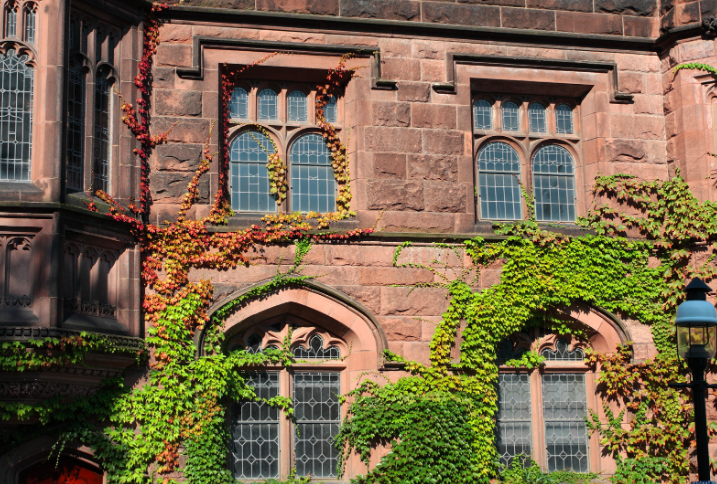 Dartmouth College has released its 2024-2025 supplemental essay prompts for first-year applicants, and while some prompts from the past make a return appearance, new options pay homage to wild chimps and a much-loved Dartmouth football coach.
Dartmouth College has released its 2024-2025 supplemental essay prompts for first-year applicants, and while some prompts from the past make a return appearance, new options pay homage to wild chimps and a much-loved Dartmouth football coach.
Dartmouth’s writing supplement requires applicants to write brief responses to three supplemental essay prompts as follows:
1. Required of all applicants. Please respond in 100 words or fewer:
As you seek admission to Dartmouth’s Class of 2029, what aspects of the college’s academic program, community, and/or campus environment attract your interest? How is Dartmouth a good fit for you?
This above prompt is a streamlined version of a very similar prompt that existed last year.
2. Required of all applicants, please respond to one of the following prompts in 250 words or fewer:
A. There is a Quaker saying: Let your life speak. Describe the environment in which you were raised and the impact it has had on the person you are today.
B. “Be yourself,” Oscar Wilde advised. “Everyone else is taken.” Introduce yourself.
The above two prompt options are exactly the same as last year.
3. Required of all applicants, please respond to one of the following prompts in 250 words or fewer:
A. What excites you?
The above prompt option also appeared last year.
B. Labor leader and civil rights activist Dolores Huerta recommended a life of purpose. “We must use our lives to make the world a better place to live, not just to acquire things,” she said. “That is what we are put on the earth for.” In what ways do you hope to make—or are you already making—an impact? Why? How?
The above prompt option also appeared last year.
C. In “Oh, The Places You’ll Go,” Dr. Seuss invites us to “Think and wonder. Wonder and think.” Imagine your anticipated academic major: How does that course of study sync with Dr. Seuss’s advice to you?
The above prompt option is a more focused and leading version of a prompt that appeared last year.
D. The social and family interactions of wild chimpanzees have been the focus of Dame Jane Goodall’s research for decades. Her understanding of animal behavior prompted the English primatologist to see a lesson for human communities as well: “Change happens by listening and then starting a dialogue with the people who are doing something you don’t believe is right.” Channel Dame Goodall: Tell us about a moment when you engaged in a difficult conversation or encountered someone with an opinion or perspective that was different from your own. How did you find common ground?
The above prompt option is brand new this year.
E. Celebrate your nerdy side.
The above prompt option also appeared last year.
F. “It’s not easy being green…” was the frequent refrain of Kermit the Frog. How has difference been a part of your life, and how have you embraced it as part of your identity, outlook, or sense of purpose?
The above prompt is slightly edited from last year.
G. Buddy Teevens ’79 was a legendary and much-beloved coach at Dartmouth. He often told parents: “Your son will be a great football player when it’s football time, a great student when it’s academic time, and a great person all of the time.” If Coach Teevens had said that to you, what would it mean to be “a great person”?
The above prompt option is brand new this year.
Candidates applying for first-year admission to Dartmouth use the Common App, which goes live for the 2024-2025 admissions cycle on August 1, 2024.
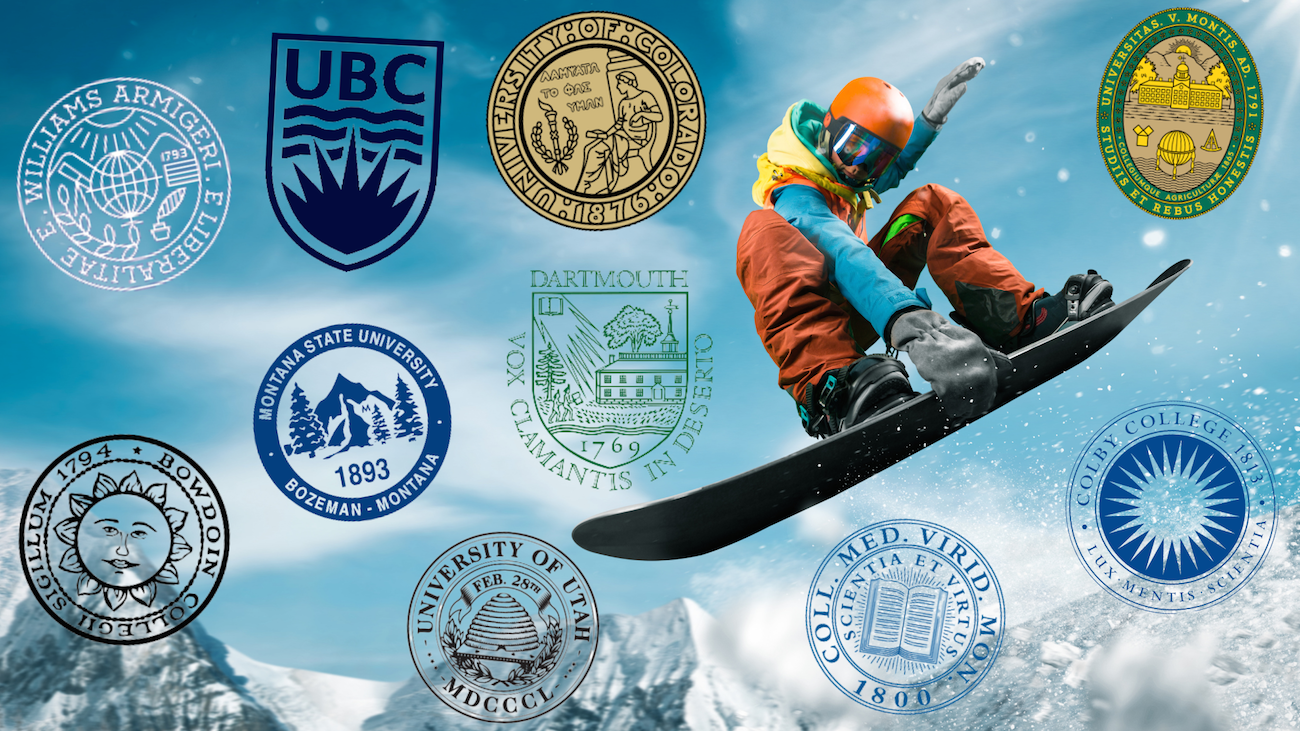 Do you like to study – and like to ski or snowboard? Are you just as into learning as you are into hitting the slopes? Then, you’ve come to the right place, as today I’m happy to present to you what I deem to be the ten best colleges and universities in North America for smart skiers and snowboarders.
Do you like to study – and like to ski or snowboard? Are you just as into learning as you are into hitting the slopes? Then, you’ve come to the right place, as today I’m happy to present to you what I deem to be the ten best colleges and universities in North America for smart skiers and snowboarders.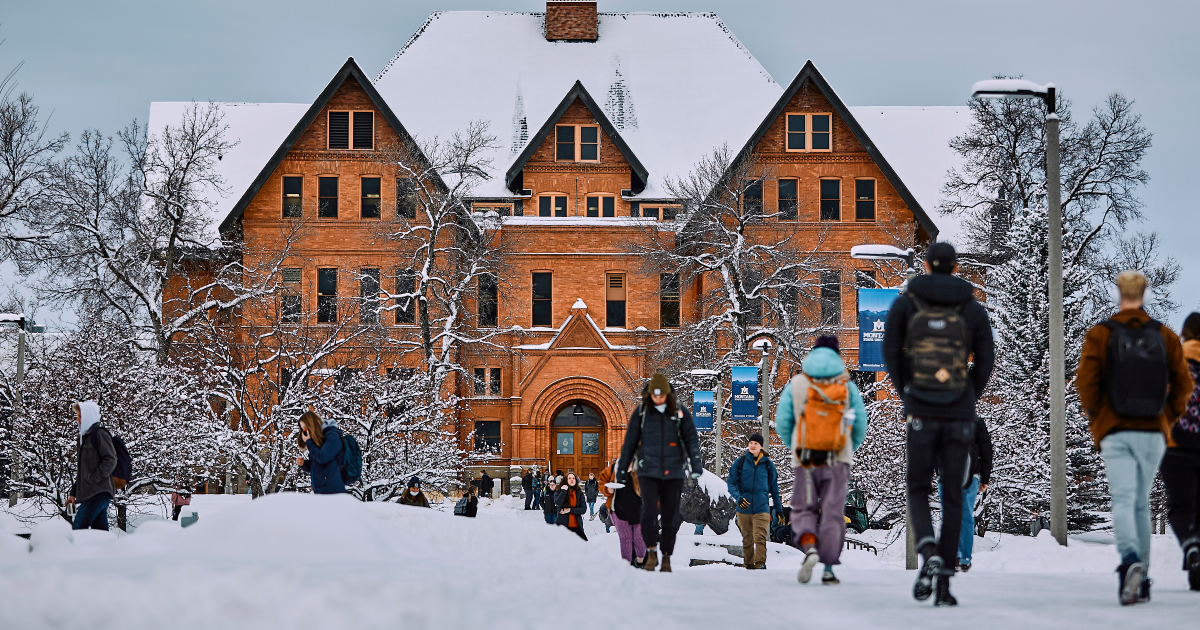
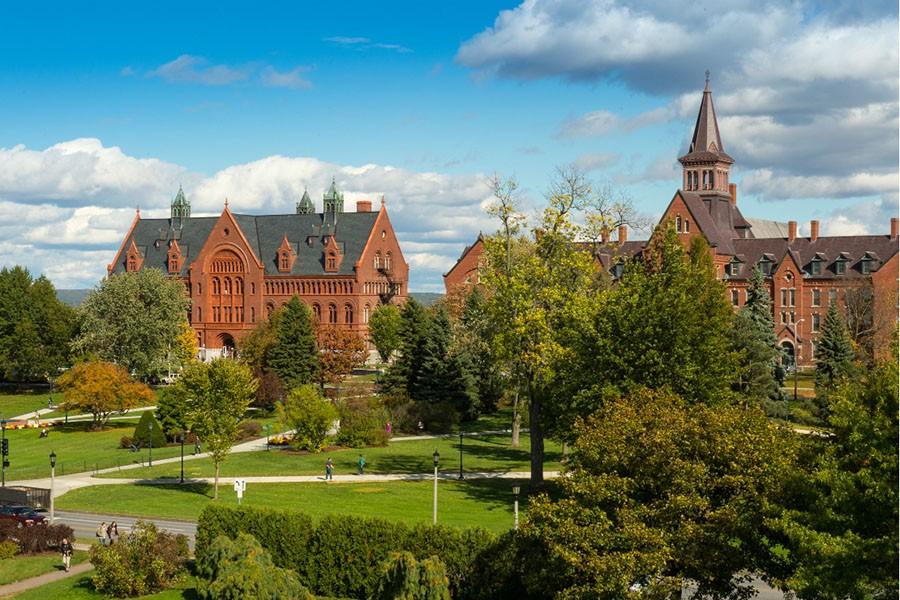
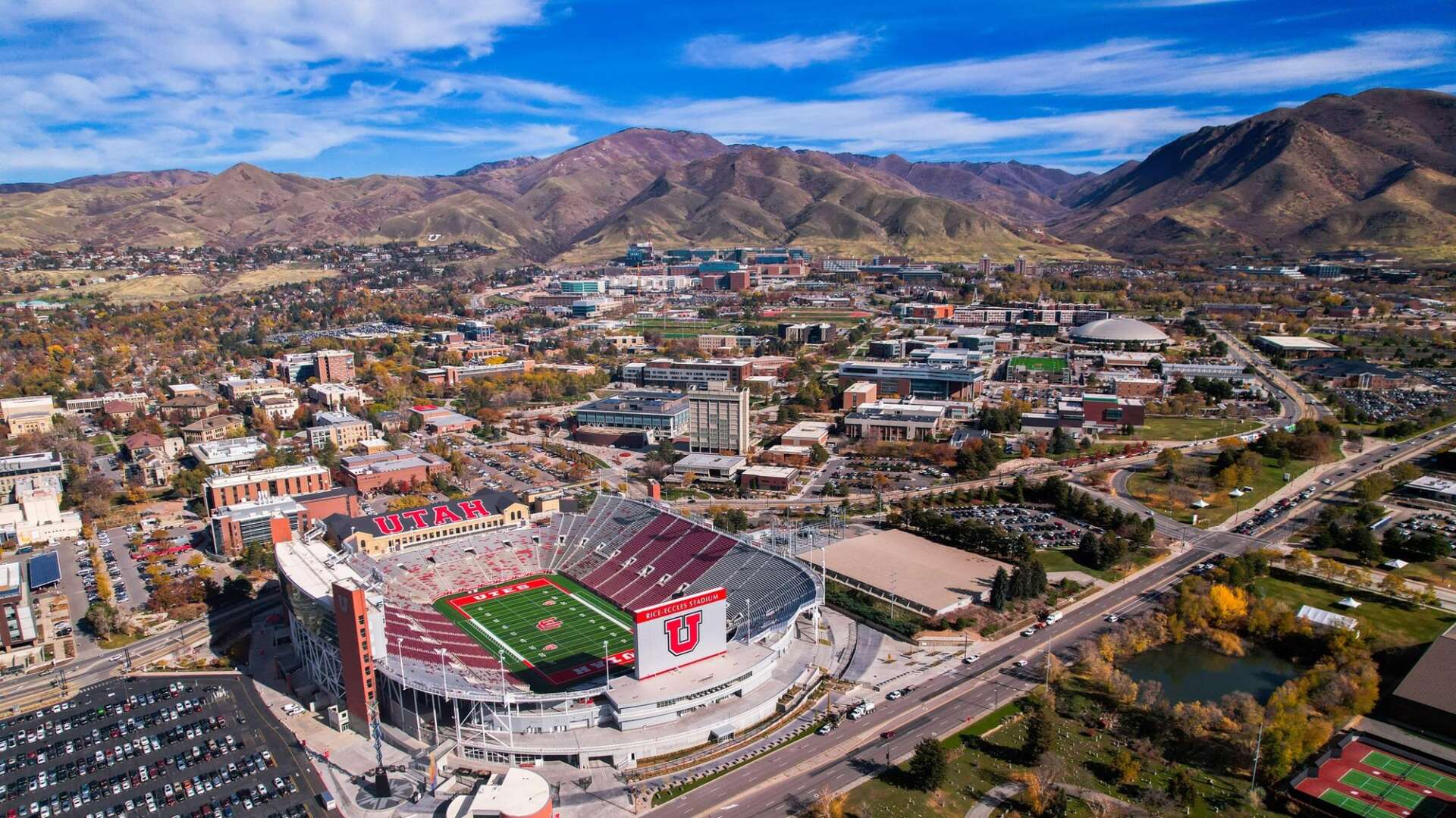
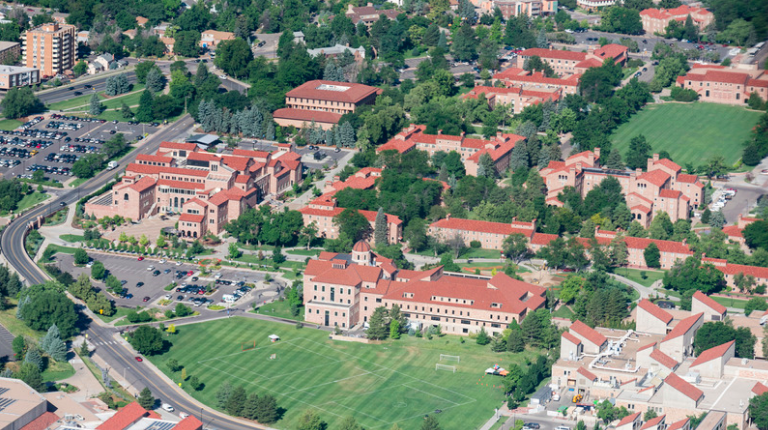
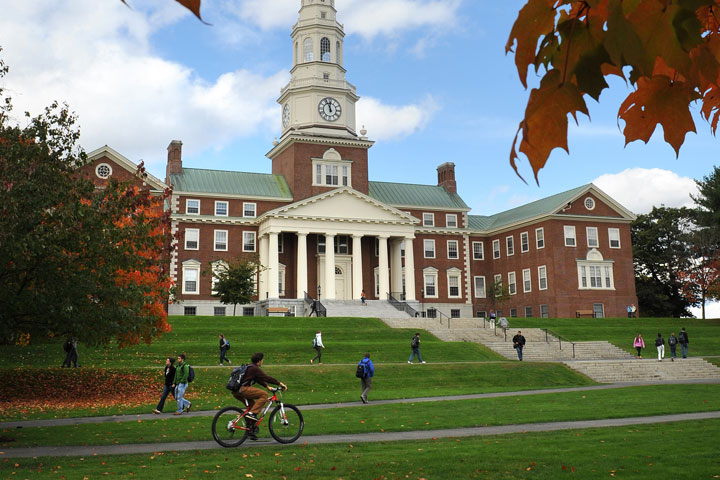

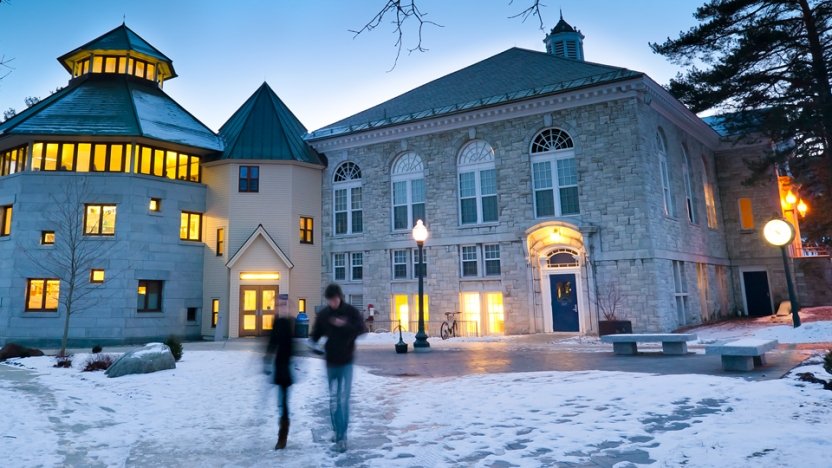
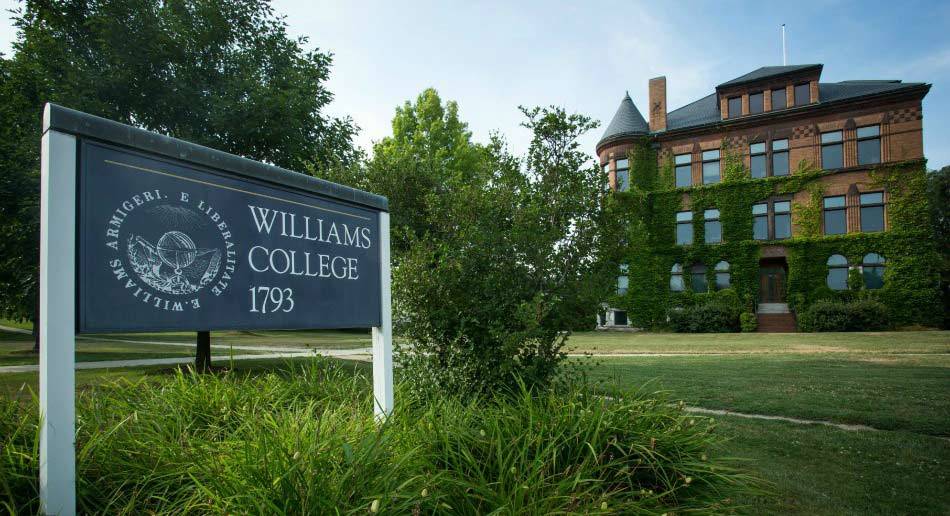 As for the college itself, it’s known for:
As for the college itself, it’s known for:
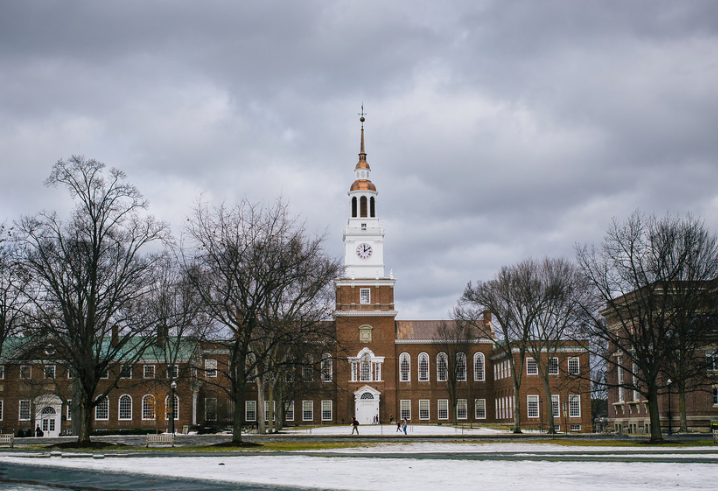
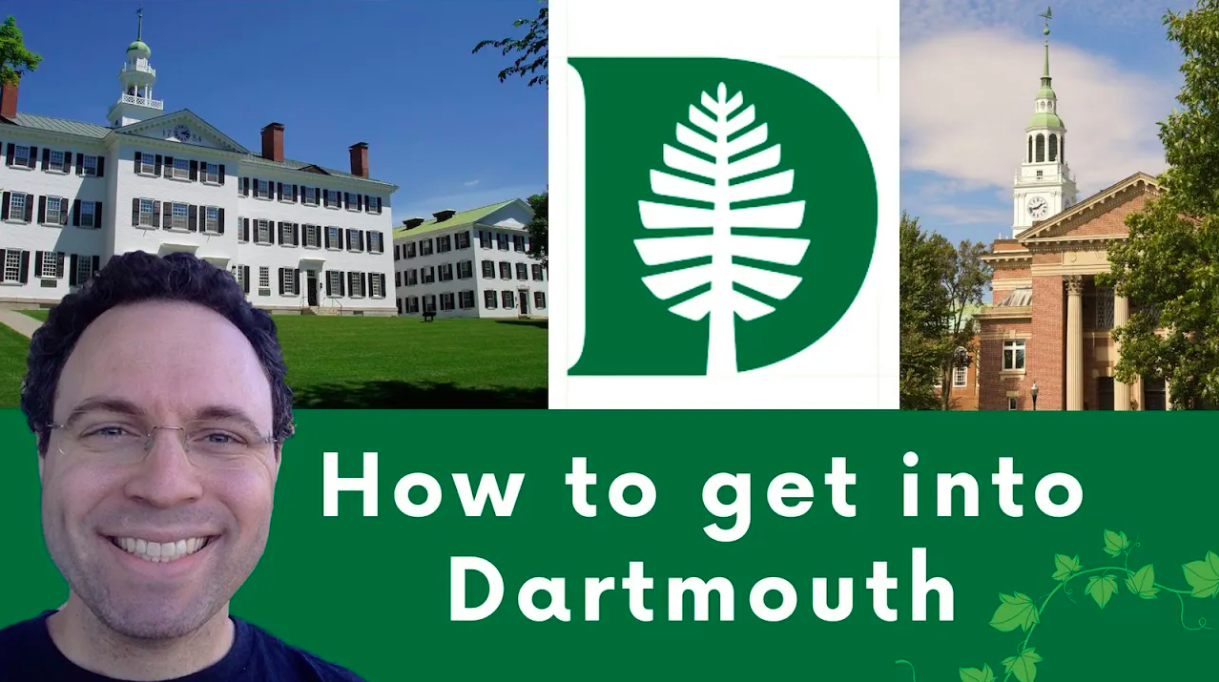 Dartmouth College in Hanover, New Hampshire is the first Ivy League college to officially release its 2023-2024 supplemental essay prompts for first-year applicants. As most high school seniors applying to Dartmouth do so through the Common Application, most Dartmouth applicants will also need to respond – and respond well – to one of the
Dartmouth College in Hanover, New Hampshire is the first Ivy League college to officially release its 2023-2024 supplemental essay prompts for first-year applicants. As most high school seniors applying to Dartmouth do so through the Common Application, most Dartmouth applicants will also need to respond – and respond well – to one of the 
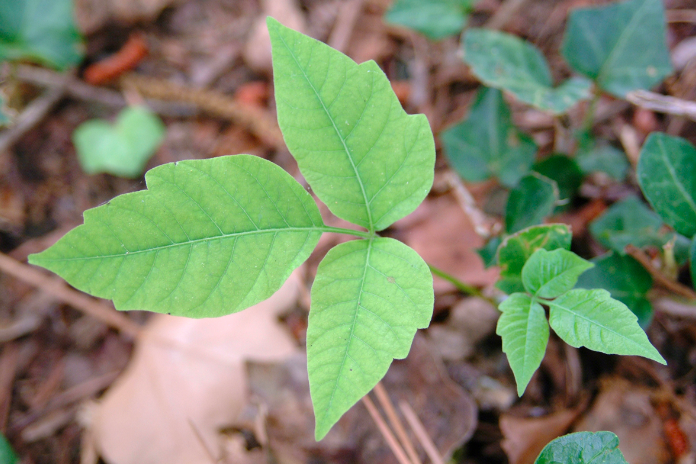
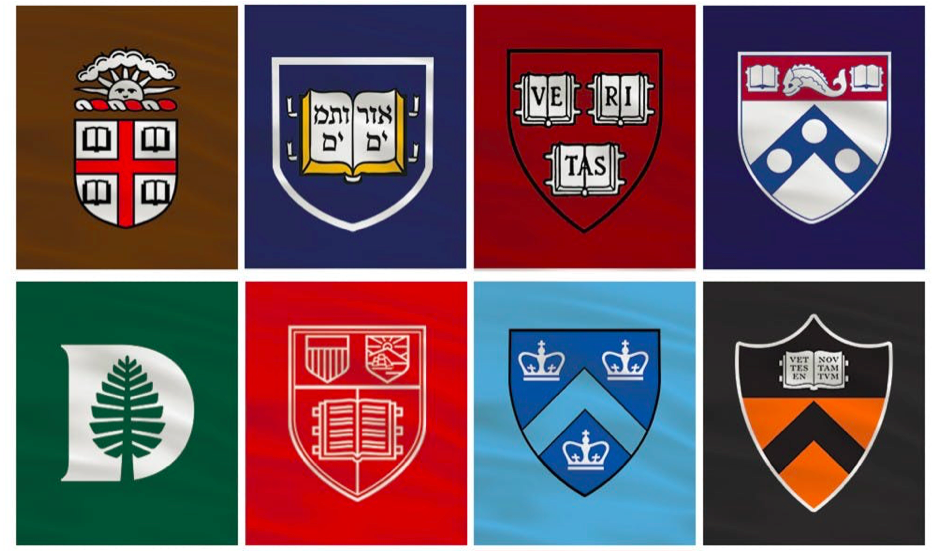 So much of what you read, watch, or hear in the media is there to make you feel like it’s impossible to get into Brown, Columbia, Cornell, Dartmouth, Harvard, Penn, Princeton, and Yale without cheating your way in or using some unsavory connection to worm your way in.
So much of what you read, watch, or hear in the media is there to make you feel like it’s impossible to get into Brown, Columbia, Cornell, Dartmouth, Harvard, Penn, Princeton, and Yale without cheating your way in or using some unsavory connection to worm your way in.